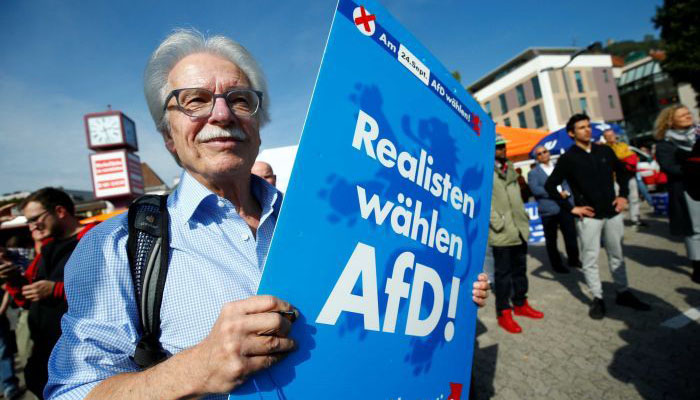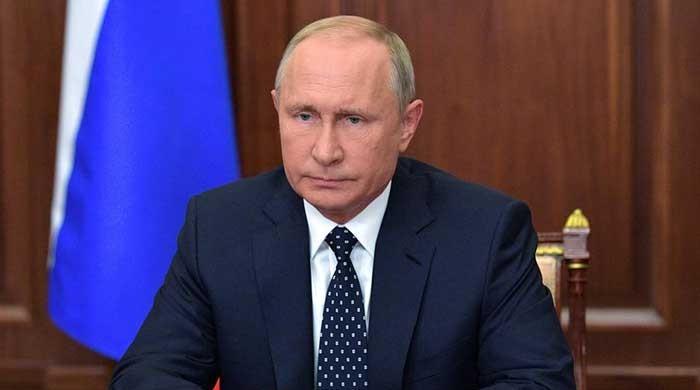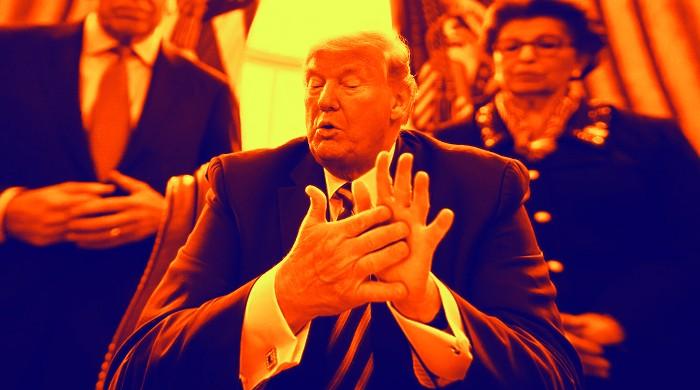Why Germany’s election results should worry the world
For the first time, since the defeat of the Nazis in Germany, the right-wing populist Alternative für Deutschland party raked in 11 per cent of the votes and walked right into the parliament.
October 10, 2017

Last month, German chancellor, Angela Merkel, succeeded in retaining her post for an unprecedented fourth time. But her crown of victory has a few thorns this time.
Although she won, Merkel’s Christian Democratic Party saw a startling reduction in its vote bank. The party got only 33 per cent of the casted votes - its lowest in decades. Even more damaging was the reason that the German elections made international headlines. For the first time, since the defeat of the Nazis in Germany, the right-wing populist Alternative für Deutschland (AfD) party raked in 11 per cent of the votes and walked right into the parliament.
The AfD is a party formed by university professors, who believe that Germany should not be apologetic about its past and should instead remember the country's World War II soldiers with pride. In its election campaign promise, it demanded the closure of borders, strict action against Muslims and had publicly allied itself with France's far-right National Front.
So how did this fringe party become mainstream?
Now that the official results are in, it seems that close to a million voters, who cast ballots in favour of the AfD were previously aligned with Merkel’s party. The right-wing leaders also cut into the vote bank of the Social Democratic Party and the secular party, The Left. This may signify that voters’ confidence in traditional parties has been shaken.
In previous elections, the Christian Democrat Party and the Social Democrat Party would pull in a total of 80 per cent of the votes, combined. While this year the two parties together only got 53 per cent of the ballots.
Post the Second World War, whenever Germany’s economic woes became evident, left leaning parties always benefited. But this time, it seems they are drifting towards the right and their blinkered agendas. It would be prudent to remember here that the beneficiary of Germany’s economic crisis of the 1930s was Hitler’s Nazi Party.
Earlier this year when Emmanuel Macron won the French elections, political watchers breathe a collective sigh of relief, sanguine that extremist politics was on its way out. There was also hope that Macron and Merkel will steer the European Union out of trouble and economic and political reforms will be enacted.
But the results of the German elections point to more problem looming on the horizon. With fewer seats this time, Merkel will be forced to form a coalition with the Green Party and the Liberal Free Democratic party, both of whom oppose Merkel bitterly on many issues, especially the European Union. Similarly, with the AfD present in the parliament, it will be difficult for Merkel to provide any relief to the economically hard-pressed countries such as Greece and Spain.
Outside Germany, France is also battling its own right-wingers pushing to sit in the parliament. In Austria, the extremist Freedom Party will be part of the ruling coalition. While, Jobbik – Movement for a Better Hungary has become the second most popular party in its country. Even in socialist countries, including Sweden and Denmark, the right wing is becoming stronger by the day.
For this uprising, the socialist democratic leaders are to blame. They suffer from intellectual sterility and lack new ideas to tackle old problems. If this trend continues then pretty soon right-wing parties will be ruling over Europe and sitting in the European Union. What would that mean for the rest of the world?
Javed is a senior researcher at Geo News.
Note: The views expressed in the article are those of the author, and do not necessarily reflect the official policy or position of Geo News or the Jang Group.











